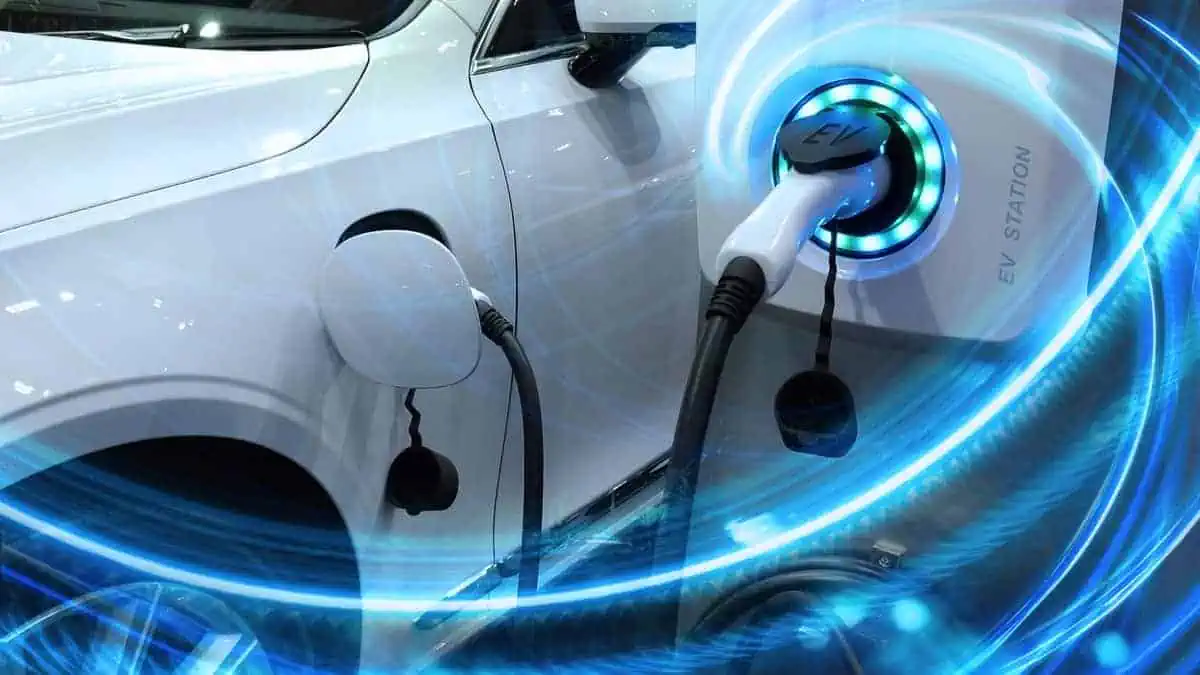Electric vehicle adoption has substantially progressed as governments worldwide promote them as the key technology to reduce carbon emissions in the transportation sector.
Interestingly, Rocky Mountain Institute (RMI) forecasts zero emissions vehicles (ZEVs) to hit a global market share of 62% to 86% by the end of the decade.
Report highlights
EV adoption will substantially expand, while global oil demand for vehicles will continue to decline by 2030, RMI projects.
The International Energy Agency also noted that EVs accounted for 14% of all vehicle sales in 2022. It represents a year-on-year growth from just 9% in 2021 and 5% in 2020.
EV Volumes data revealed that China and Northern Europe largely boost the global EV market.
The world’s largest EV industry reported a 27% EV market share in 2022. Meanwhile, Europe had 20.8%, and the USA was only 7.2% in the same period.
Growth drivers
RMI indicates that the EV industry has already achieved a price parity with traditional internal combustion engine (ICE) vehicles in total ownership costs. Moreover, it predicts that the global markets will also soon hit price parity in sticker prices by the end of the decade.
The intensifying competition in the EV industry is also apparently boosting the uptake. Global automakers race to develop more advanced battery technologies and new factories to guarantee supply by 2030.
Government incentives like the US Inflation Reduction Act and Bipartisan Infrastructure Law also significantly increased the adoption of EVs in the country. It incentivized automakers and customers to shift to more sustainable and cleaner vehicles.
Moreover, the report cited that battery costs also declined by 88% sincecited. Meanwhile, energy density continues to grow by 6% per year.
Potential challenges
The wider EV uptake has indeed started across the world. However, RMI’s 2030 forecast would only be possible if the industry can surpass current and future challenges.
For instance, the lack of an enormous, reliable charging network remains among customers’ top concerns.
It would also be crucial to strengthen the electricity grid to ensure that it can support the growing number of EVs that need power supply.
See Also:
The electric vehicle industry must also explore more strategies to incorporate clean energy, such as solar-based charging through solar panels and battery storage. Battery recycling can also significantly help the industry to cut battery production costs and reduce the carbon footprint of EVs.






